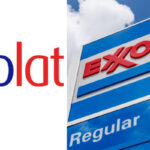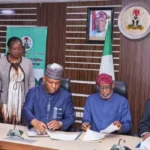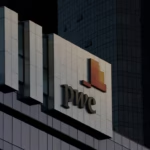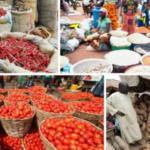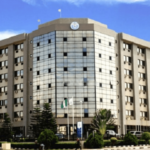The Global Energy Alliance for People and Planet (GEAPP), founded by the Bezos Earth Fund, Rockefeller Foundation, and IKEA Foundation, is piloting a solar mini-grid program in Nigeria to address the country’s electricity problems.
Nigeria, which has the world’s highest number of people without access to electricity—about 86 million—suffers from frequent power outages and a weak national grid.
The initiative aims to boost productivity by providing reliable, round-the-clock electricity to communities and businesses across the country.
The project is part of GEAPP’s Demand Aggregation for Renewable Technology (DART) program, which reduces solar equipment costs by pooling developers’ needs.
- Advertisement -
This initiative also offers a $25 million financing facility, allowing developers to import solar equipment and repay the loans in Nigerian naira as their projects generate revenue. By leveraging this arrangement, developers can save up to 30% on equipment costs, according to Muhammad Wakil, GEAPP’s country delivery lead.
A key project under this program is a one-megawatt solar mini-grid in Ogun State, built by Nigerian company Darway Coast. By the end of 2024, this mini-grid will provide the local community with 24-hour electricity, replacing the current limited supply of eight hours from Ikeja Electric Plc.
GEAPP has already completed one interconnected mini-grid in Nigeria and is constructing two more, with funding secured for a fourth.
The program has received international backing, with the World Bank pledging $130 million to develop similar facilities.
GEAPP’s long-term plan includes building pilot projects in each of Nigeria’s 11 power distribution zones, with a goal of facilitating 10 gigawatts of mini-grids across the country. These efforts aim to combat energy poverty and support Nigeria’s broader goal of providing electricity to underserved communities.
- Advertisement -
Wakil emphasizes that Nigeria needs thousands of such projects to eliminate energy poverty and that the DART program has proven to be a viable business model.





